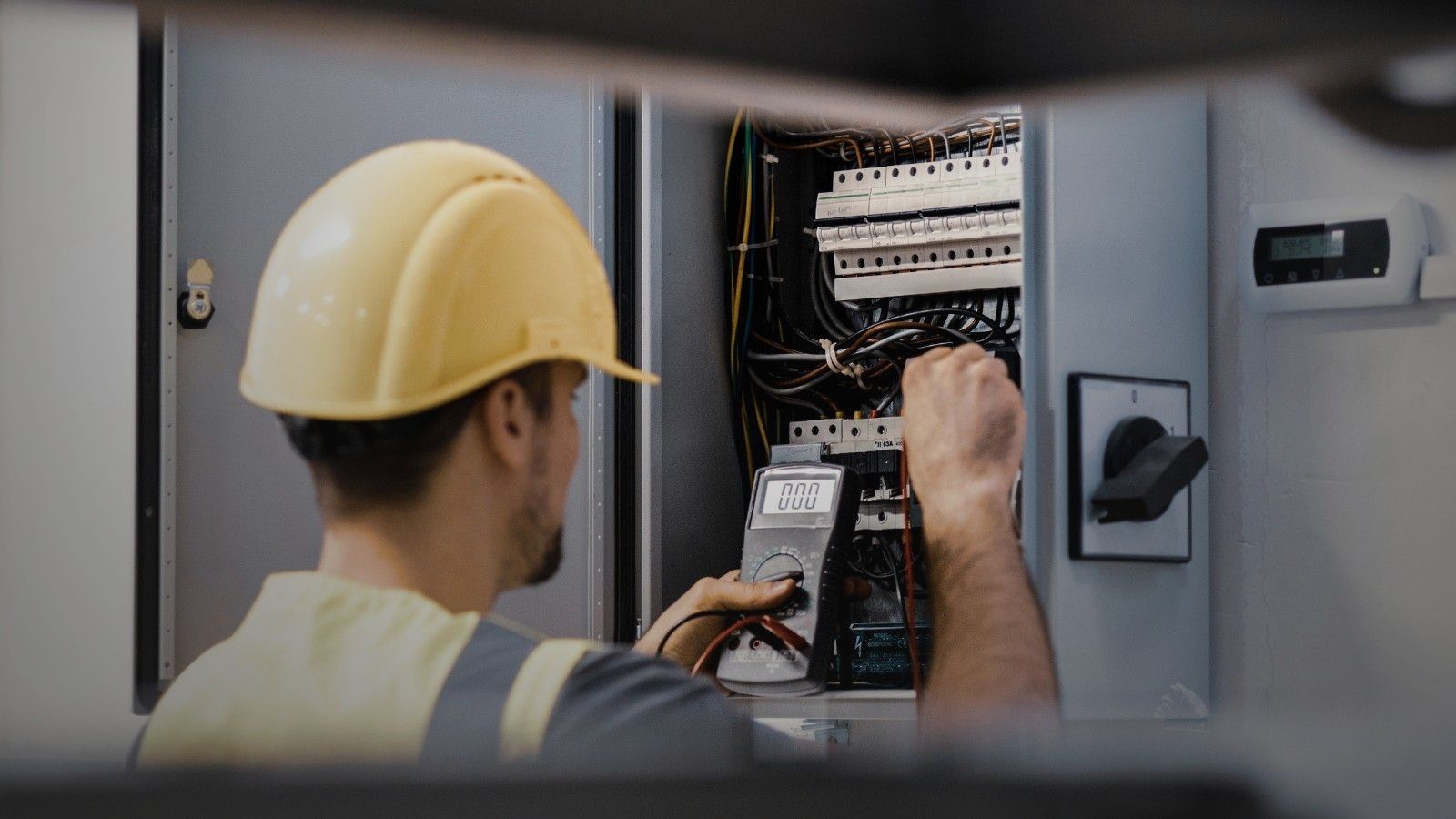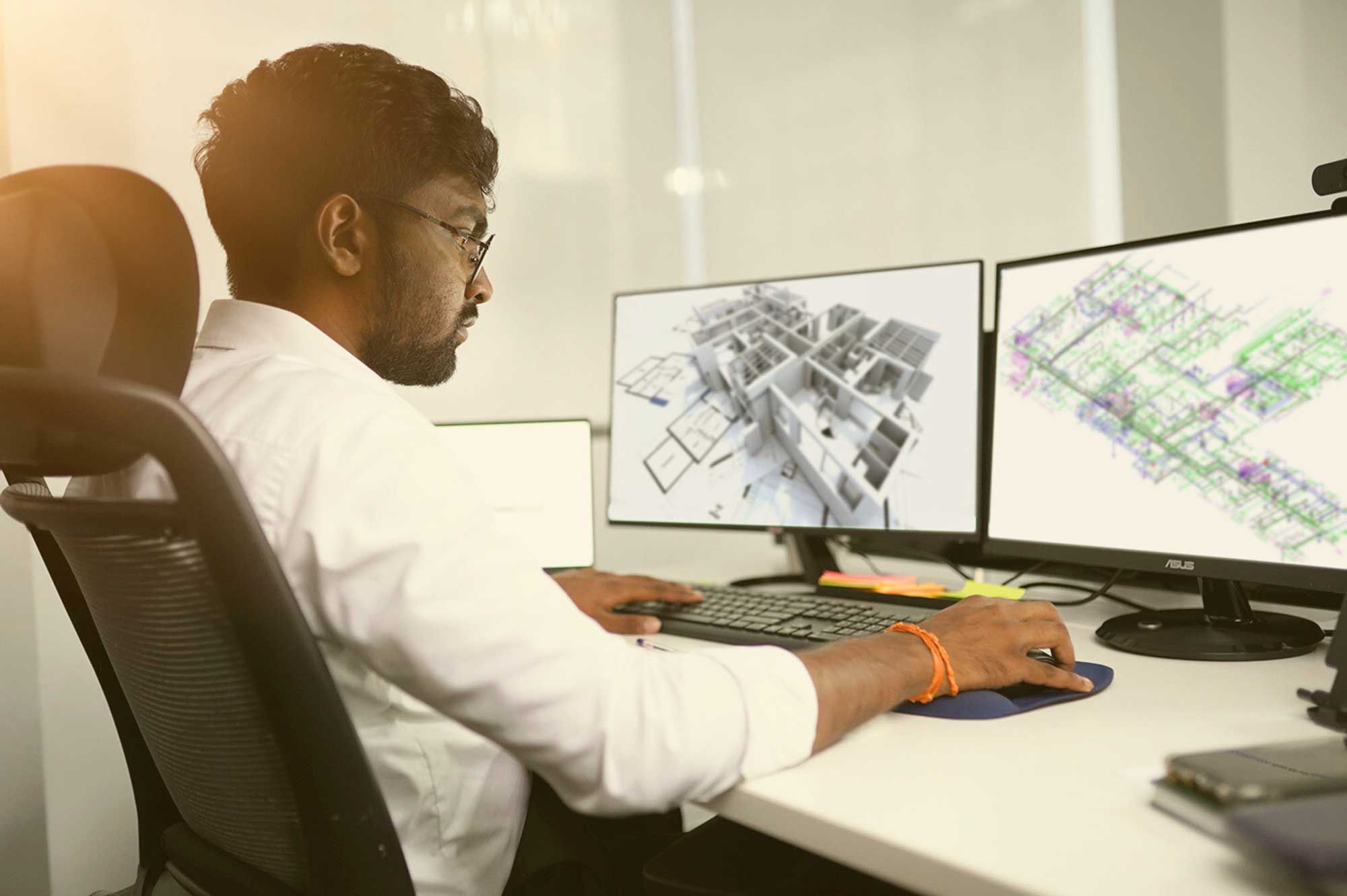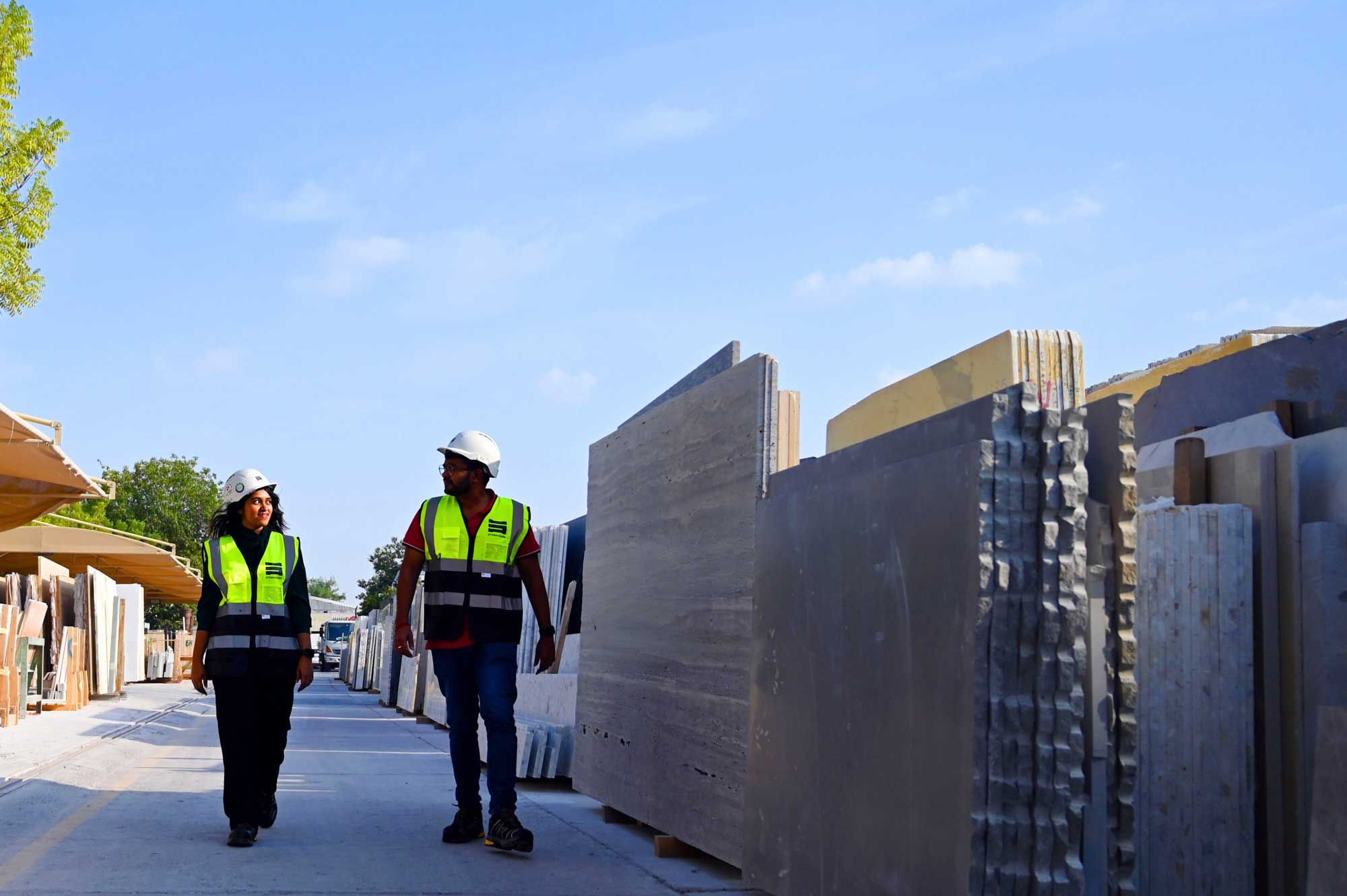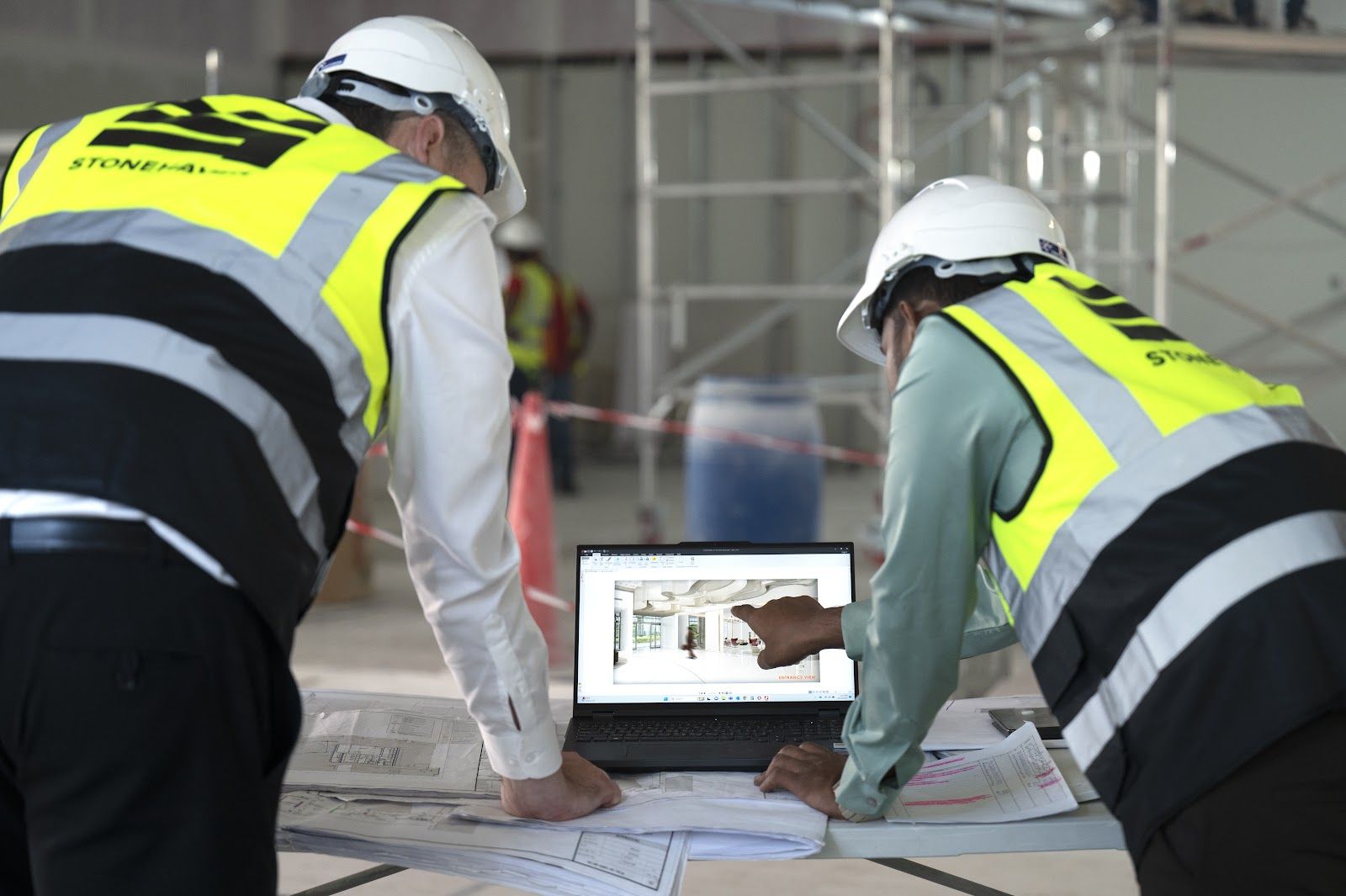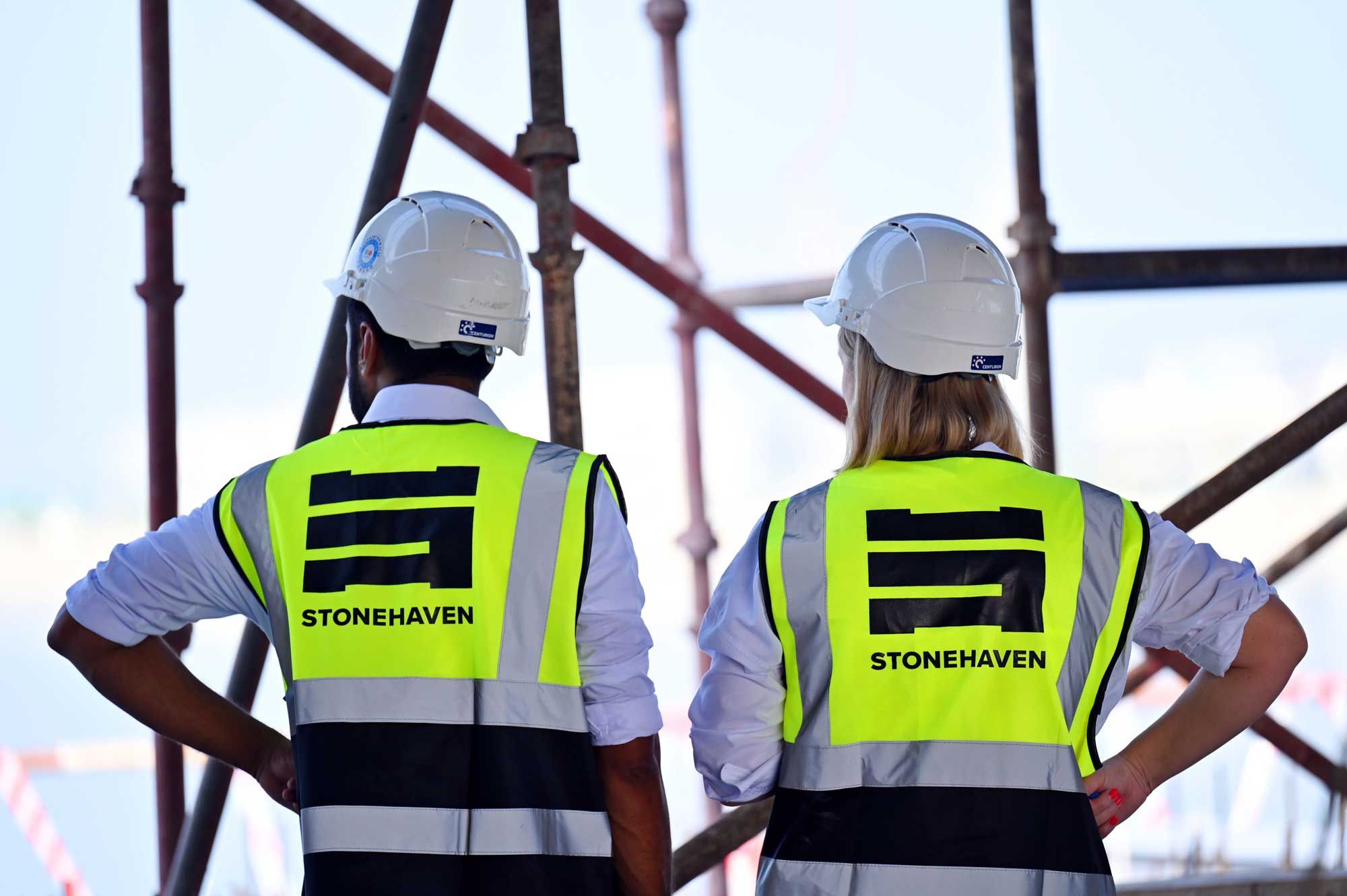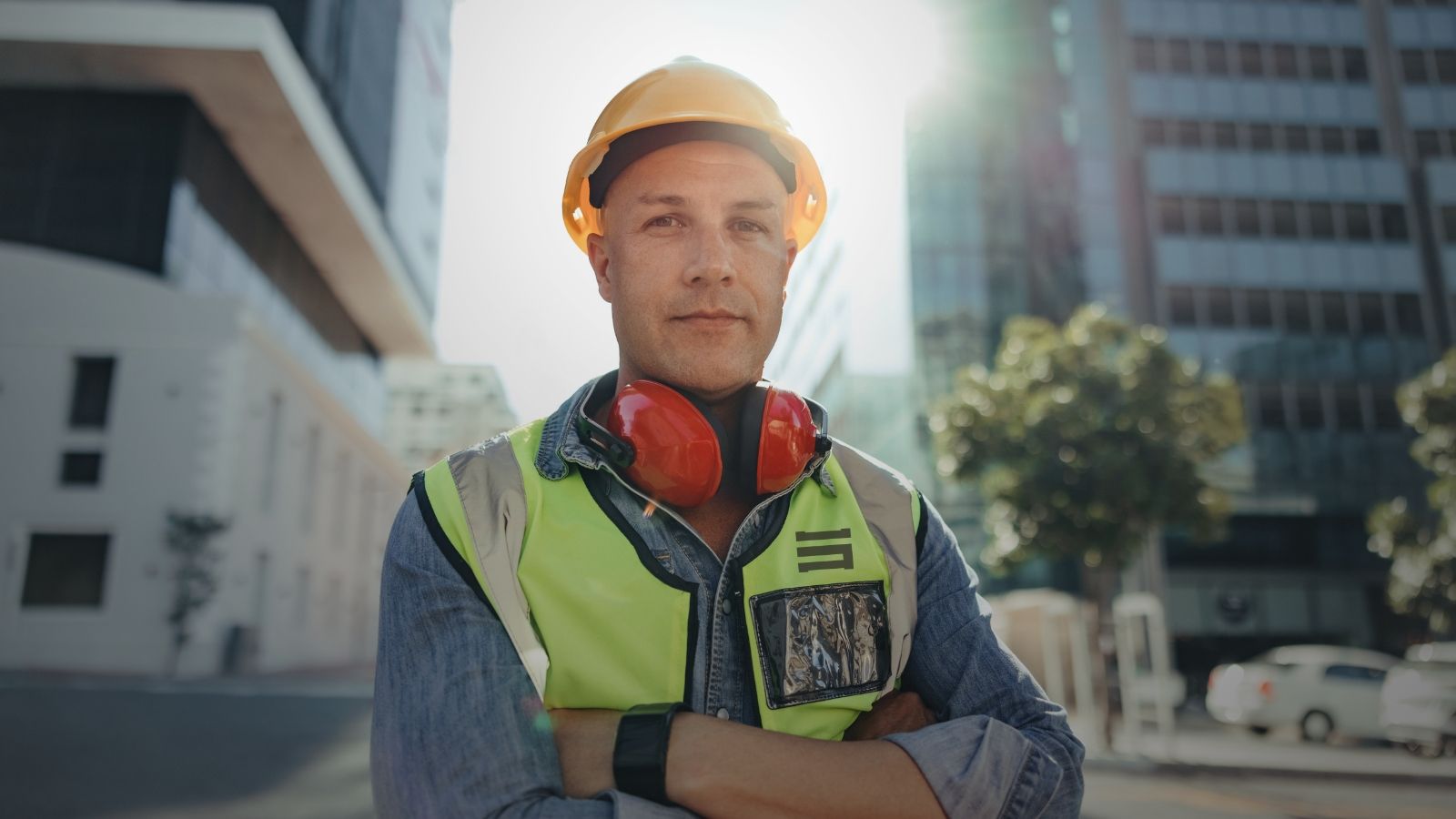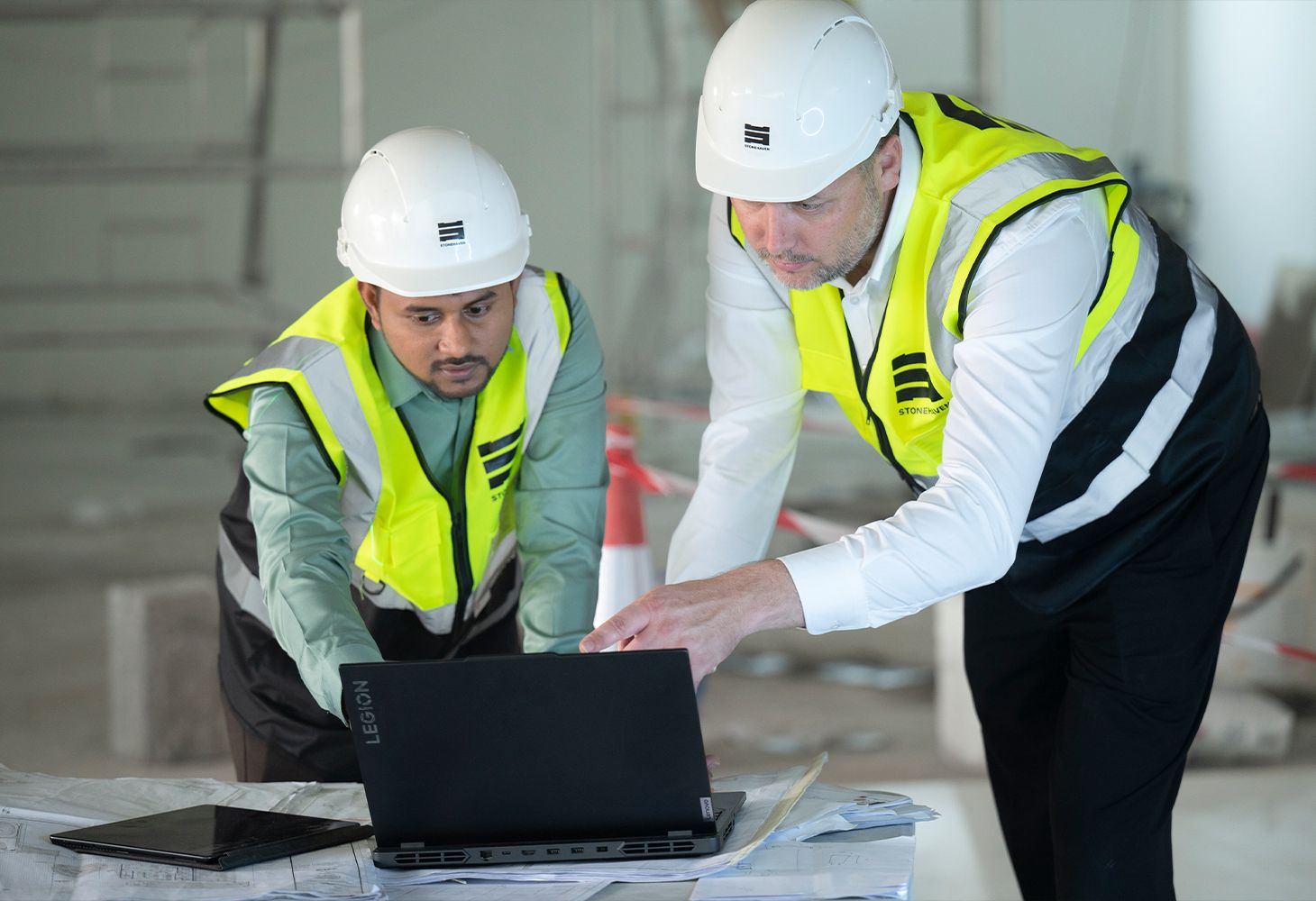In the construction industry, time and safety compliance is one of the key elements that need to be observed to avoid disruptions of the workflow, ensure the safety of the workers and risk the capital investments.
Electrical systems, one of the key aspects in construction projects, are generally required to be treated with great care and tested on a regular basis owing to the nature of site which is often complex and hostile. In the Middle East, as the weather is extreme, the projects are advanced and are mega in nature, the importance of comprehensive electrical testing services needs no elaboration.
In this guide, we explore the importance of electrical testing on construction sites, detailing the essential services, benefits, common challenges, and future opportunities in the industry. Whether you’re a contractor, developer, or site manager, understanding these factors can play a key role in building a safer and more efficient construction site.
What is Electrical Testing and Inspection?
Electrical testing and inspection are systematic processes used to verify that all electrical components, equipment, and systems on a site are safe, functional, and compliant with industry standards. These services range from portable appliance testing (PAT) to full-scale commissioning and ensure that any electrical installations meet rigorous safety benchmarks.
On a construction site, electrical testing involves the use of specialised tools such as non-contact voltage testers, circuit testers, and voltage meters. Testing helps verify the safety and functionality of connections, grounding systems, and circuit continuity. Stonehaven provides a variety of testing services that help projects reduce risks and enhance site safety.

Electrical shocks are a leading cause of non-fatal injuries on Middle Eastern construction sites. Specifically, in UAE, gaps in safety culture contribute to risks, with only 18% of Dubai construction companies conducting regular health and safety training, which impacts preparedness for electrical hazards. At Stonehaven, we address this head-on by providing thorough, ongoing training to ensure our teams are equipped and protected against these dangers.
The Scope of Electrical Testing and Inspection Services
Electrical testing and inspection services are crucial in the construction industry, particularly in the Middle East, where unique environmental and operational challenges necessitate a thorough approach to safety. With extreme temperatures, frequent dust exposure, and high humidity, construction sites in this region require a comprehensive range of testing services to ensure that electrical installations are safe, reliable, and compliant with standards. Here’s an overview of four key services essential for maintaining safety and operational efficiency on construction sites.
1. Portable Appliance Testing (PAT)
Portable Appliance Testing, or PAT, is a critical service aimed at ensuring that all portable electrical equipment on construction sites remains safe for daily use. Construction sites frequently involve the use of various portable tools and machinery – such as drills, saws, and welding equipment – which are subject to wear, rough handling, and challenging environmental conditions. PAT involves inspecting each piece of equipment for defects, both visually and through electrical tests, to confirm insulation resistance, earth continuity, and polarity. Regular PAT testing on construction sites minimises the risk of electrical accidents caused by faulty equipment, safeguarding workers and ensuring that tools function as intended, even in harsh conditions.
2. Inspection and Test Plans for Electrical Works
An Inspection and Test Plan (ITP) for electrical works provides a structured, systematic approach to conducting inspections across all electrical installations on a construction site. The plan specifies the timing, methods, and standards for each stage of testing, ensuring thorough inspections are conducted at each phase of the project. Tailored to the project’s scale and complexity, ITPs cover all essential components, from lighting systems and wiring to connections for heavy-duty machinery. By setting clear guidelines on how and when tests should be carried out, an ITP ensures that no detail is overlooked, enabling construction managers to identify any potential issues early and prevent delays. This methodical approach promotes safety and keeps the project on track, safeguarding against costly or hazardous electrical failures.
3. Commissioning of Electrical Installations
Commissioning marks the final phase of electrical installation on a construction project, in which electrical systems undergo rigorous testing to confirm they meet design specifications and safety standards. During commissioning, each installation is tested for functionality, safety, and compatibility with the project’s unique requirements. This involves checking circuits, verifying electrical loads, and ensuring all wiring complies with operational standards. Commissioning is essential to confirm that all systems operate smoothly before the project becomes fully active, reducing the risk of malfunctions once the site is operational. For complex projects in the Middle East, where electrical systems must withstand extreme environmental conditions, commissioning ensures that installations are robust, reliable, and safe.
4. Routine Electrical Safety Checks
Routine electrical safety checks are ongoing inspections that identify and address any potential hazards as they arise. Given the dynamic nature of construction sites, with frequent adjustments to temporary power setups and machinery, routine checks are essential in ensuring that all electrical components remain safe throughout the project’s duration. Regular inspections cover aspects such as circuit continuity, grounding, and insulation quality, helping to detect any wear or damage that could compromise safety. These checks play a pivotal role in preventing accidents, reducing downtime, and ensuring compliance with safety standards. For site managers, routine checks provide peace of mind, ensuring that their electrical systems are continuously monitored and maintained in line with safety regulations.
Together, these electrical testing and inspection services form a comprehensive safety framework for construction sites. By proactively managing electrical risks, they protect workers, maintain equipment, and keep projects running smoothly, ultimately ensuring that electrical systems meet both functional and safety standards.
Why is Electrical Testing and Inspection Required on Construction Sites?
For construction projects, regular electrical testing and inspection offer numerous benefits, including enhanced safety, efficiency, and compliance. Here’s a closer look at the key advantages:
1. Prioritising Worker Safety
Safety is a top priority on any construction site. Electrical faults, if left undetected, can lead to severe accidents or fatalities. Through regular electrical testing, potential hazards are identified early, mitigating risks to workers and creating a safer site environment.
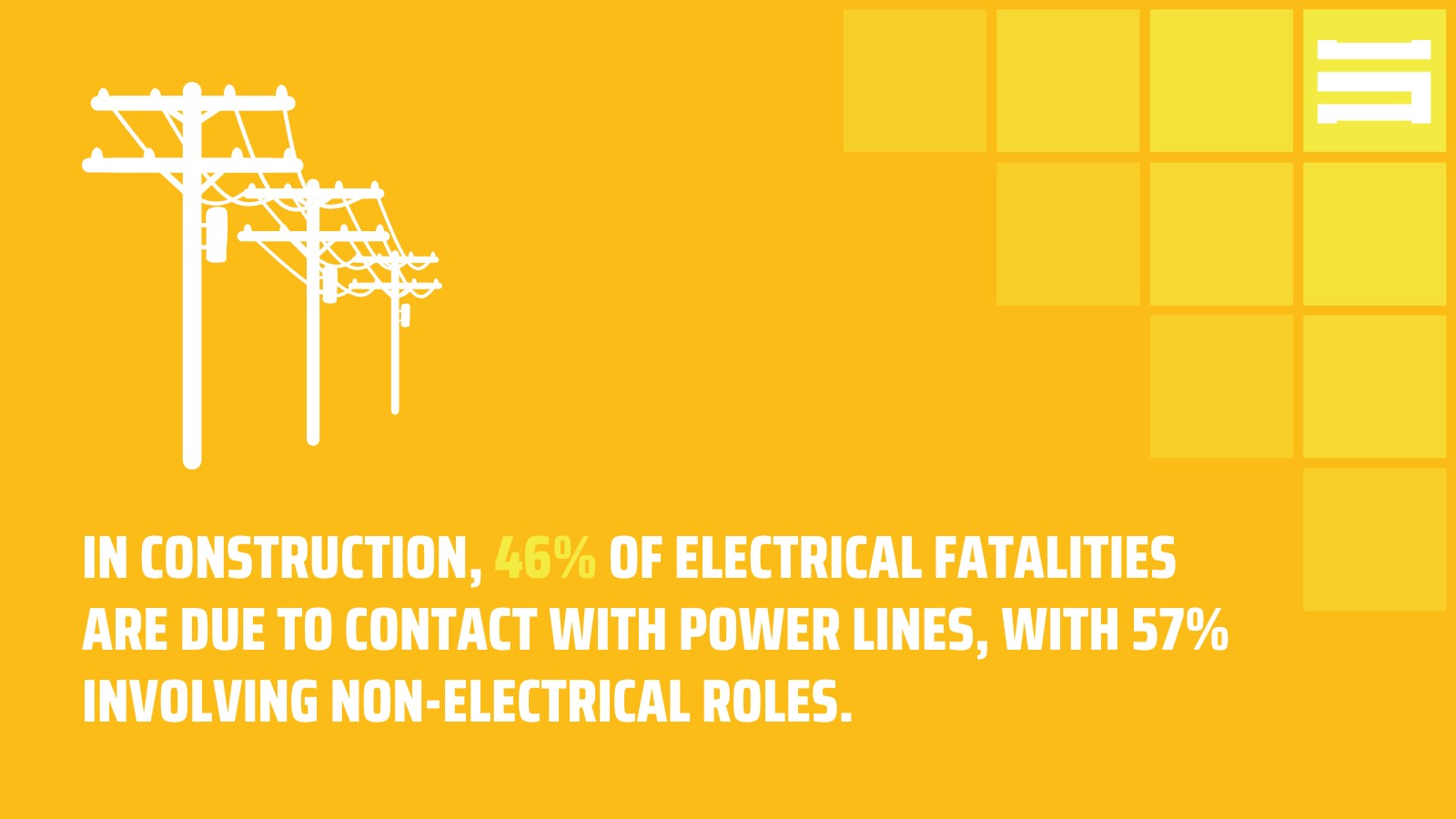
In construction, working around overhead power lines is common, especially on projects involving scaffolding, cranes, or tall equipment. ESFI reported that 46% of electrical fatalities caused by contact with power lines, construction workers must keep at least a 10-foot distance from overhead lines. This is especially critical because 57% of these fatalities involve non-electrical roles, such as general labourers or equipment operators, who may be unaware of the danger.
2. Following Regulatory Compliance
Across the Middle East, regulatory compliance with electrical standards is increasingly important. While specific regulations may vary, industry standards are consistently high, requiring construction companies to ensure safety in their electrical installations. Electrical testing and inspection services help avoid penalties, delays, and possible legal implications by aligning with local safety standards.
3. Reduced Equipment Damage
Electrical faults can lead to costly damage to machinery, affecting project timelines and budgets. By conducting proactive testing, construction teams can detect issues early, reducing equipment downtime and repair costs.
4. Guaranteeing Project Efficiency
When electrical systems are tested and certified as safe, project managers can confidently proceed without the interruptions caused by unexpected electrical failures. This helps keep projects on schedule and ensures a smoother workflow.
What are the Approaches to Electrical Testing?
In the Middle Eastern construction sector, electrical testing follows specific approaches that cater to the environment, equipment, and project size. The methods vary, but the goal remains the same: ensuring safety and efficiency. Common approaches include:

- Periodic Testing: Conducted at regular intervals, this approach assesses equipment and installations over time, including visual inspections, electrical safety checks, and functionality tests.
- Commissioning Testing: At the final stages of construction, commissioning is critical for testing newly installed electrical systems, verifying their functionality and safety in line with project requirements.
- Reactive Troubleshooting: If an electrical issue arises, reactive testing allows quick identification and resolution, minimising downtime and maintaining site safety.
The Problems of Electrical Testing on Construction Sites in the Middle East
Electrical testing on construction sites can present various challenges, particularly in the Middle East where unique conditions may apply. These include:
1. Environmental Conditions
Construction sites across the Middle East experience extreme temperatures, dust, and humidity. These conditions can accelerate wear on electrical systems, making regular testing even more essential. Testing in such conditions requires durable equipment and rigorous protocols to ensure accuracy.
2. Limited Accessibility to Temporary Installations
Temporary power setups are common on construction sites, yet these can be difficult to reach and inspect. Portable testing equipment and adaptable inspection plans help overcome this limitation, ensuring that all areas of the site are safely covered.
3. Navigating Varied Local Standards
Different countries in the Middle East have varied regulations for electrical safety. Testing personnel need to be well-versed in the specific standards of each region, ensuring compliance with the relevant requirements.
4. Coordinating with Multiple Trades
On large-scale projects, electrical inspections often coincide with other construction activities. Effective coordination and scheduling are essential to prevent delays and maintain project flow.
How Do You Improve Electrical Safety in Buildings and Projects?
While construction sites across the Middle East face unique challenges, there are also substantial opportunities for enhancing electrical safety through innovative tools, improved processes, and dedicated training.
It is stated that nearly half (45%) of all electrical fatalities occur when workers come into contact with energised conductors or parts. In construction, this risk is high during tasks involving unfinished electrical installations or maintenance. Surprisingly, 74% of these fatalities involve workers in non-electrical roles. This makes it essential for construction sites to enforce lockout/tagout protocols and conduct voltage tests before work begins, even for non-electricians working near electrical systems.
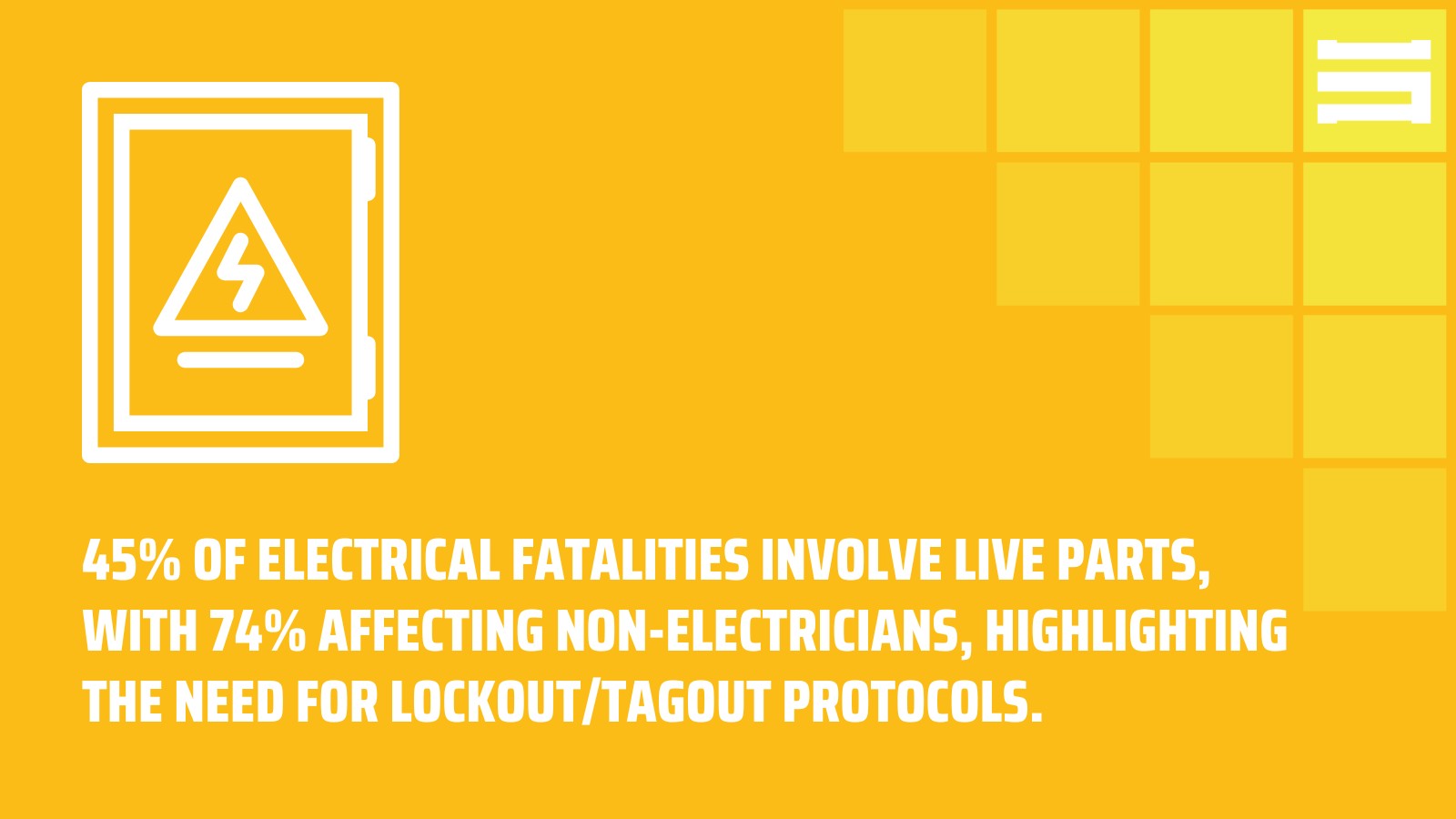
These advancements can help address regional safety concerns, boost efficiency, and support compliance in an industry where electrical reliability is essential. Here’s a closer look at four key areas for improvement:
1. Advances in Testing Equipment
The development of cutting-edge testing equipment, such as advanced voltage testers, circuit testers, and automated diagnostic tools, has greatly enhanced the precision and speed of electrical testing. Modern testing tools can quickly identify issues, allowing technicians to perform thorough inspections with greater accuracy and less downtime. With these technologies, construction companies can conduct more frequent safety checks without disrupting ongoing work, which is crucial on busy construction sites where multiple trades may be working simultaneously.
Automated tools provide consistent, repeatable results that reduce human error and help teams identify even subtle electrical issues before they escalate into major problems. By adopting these advanced tools, construction companies not only improve safety but also enhance operational efficiency across their sites.
2. Digital Inspection Plans
Digital solutions are revolutionising how inspection and test plans (ITPs) are managed on construction sites. With digital tools, site managers can create inspection plans that are easier to organise, update, and share across teams. Real-time record-keeping is a significant benefit, allowing managers to monitor compliance, document findings instantly, and make immediate adjustments as the project evolves.
Additionally, digital inspection plans improve collaboration among project teams, as data can be accessed and reviewed remotely, ensuring everyone is aware of the latest inspection results and compliance status. These digital records can also be instrumental in demonstrating compliance with safety standards to regulators or clients, providing a clear audit trail that showcases the project’s commitment to electrical safety. As construction sites in the Middle East become more complex, integrating digital tools can lead to smarter, more efficient project management.
3. Enhanced Training for Technicians
In an environment where technology and safety standards are constantly evolving, investing in training for electricians and technicians is essential. Enhanced training programs, focusing on the latest testing techniques, equipment use, and safety protocols, can significantly improve worksite safety. With continuous education, technicians gain a deeper understanding of new tools and methodologies, allowing them to handle electrical challenges confidently and competently.
Training that includes real-world simulations and practical exercises ensures technicians are prepared to address electrical risks specific to construction sites in the Middle East, such as extreme temperatures and heavy dust exposure. This ongoing education not only fosters a safer worksite but also ensures that teams stay compliant with local and international regulations, adapting seamlessly to the latest safety standards and technological advancements.
4. Growing Demand for Comprehensive Testing Services
As construction projects across the Middle East become larger and more technologically complex, there’s a growing demand for electrical testing and inspection companies that offer a comprehensive suite of services. Construction firms are increasingly seeking out partners who can provide end-to-end solutions, covering everything from basic safety checks to complex commissioning services. This demand presents a valuable opportunity for providers like Stonehaven, who are well-equipped to handle both routine and specialised testing needs.
By offering an all-encompassing range of testing services, companies can support construction projects in achieving high safety standards, thereby fostering trust with clients and regulators alike. This trend reflects a broader shift towards proactive safety management, as construction stakeholders recognise the long-term benefits of rigorous electrical testing and inspection.
Latest Trends in Electrical Testing in the Middle East
The future of electrical testing and inspection in the Middle Eastern construction industry will likely see greater use of digital solutions, remote monitoring, and automated testing. Advances in IoT and AI could enable predictive maintenance and real-time monitoring, helping to identify and address electrical issues before they become hazardous.
In addition, as construction companies work on high-profile, large-scale projects across the region, the emphasis on rigorous electrical testing is set to grow. Electrical testing and inspection services will remain integral to maintaining safe, efficient construction sites, meeting client expectations, and adhering to high safety standards.
Conclusion
Electrical testing and inspection are essential practices in construction, ensuring safety, operational efficiency, and regulatory compliance. In the Middle Eastern construction sector, these services help overcome unique challenges, such as extreme environmental conditions and evolving regional standards. From routine checks to comprehensive commissioning, Stonehaven’s electrical testing services support construction projects from start to finish, creating safer, more resilient worksites.
About us
Stonehaven is a trusted project management company and construction consultant based in Dubai, offering comprehensive construction management services across the UAE with offices located in Dubai, UK and Sri Lanka. As one of the leading project management companies in Dubai, we manage projects from inception to completion, ensuring quality, efficiency, and cost-effectiveness at every stage.
We deliver value through expert project management consultancy services, tailored to meet the unique needs of each client. Our core services include Cost Management, Project Management, Construction Supervision, Engineering Support, Design Support, and Marketing & Communications. Whether you’re looking for construction consultants or project managers in the UAE and wider GCC region, Stonehaven is your trusted partner for achieving excellence in your next project.
Stonehaven is a leading provider of electrical testing and inspection services in the Middle East. Our team of highly skilled professionals is committed to ensuring the safety, compliance, and efficiency of construction projects across the region. With a full range of services, including commissioning and routine safety checks, Stonehaven supports construction teams in maintaining rigorous electrical safety standards.
Secure your project’s safety and compliance with Stonehaven’s electrical testing and inspection services. Contact us today to discuss your project’s unique needs and see how we can support you in building a safer work environment.








